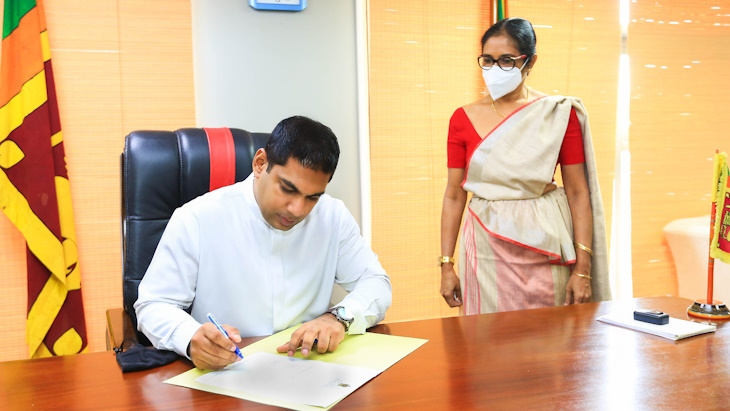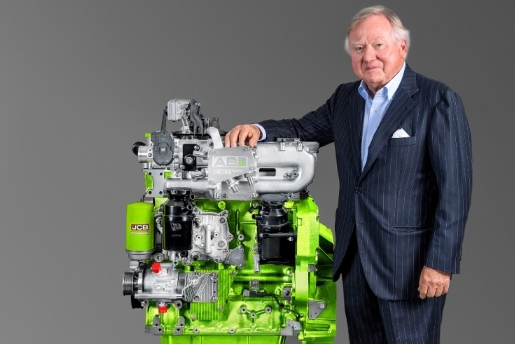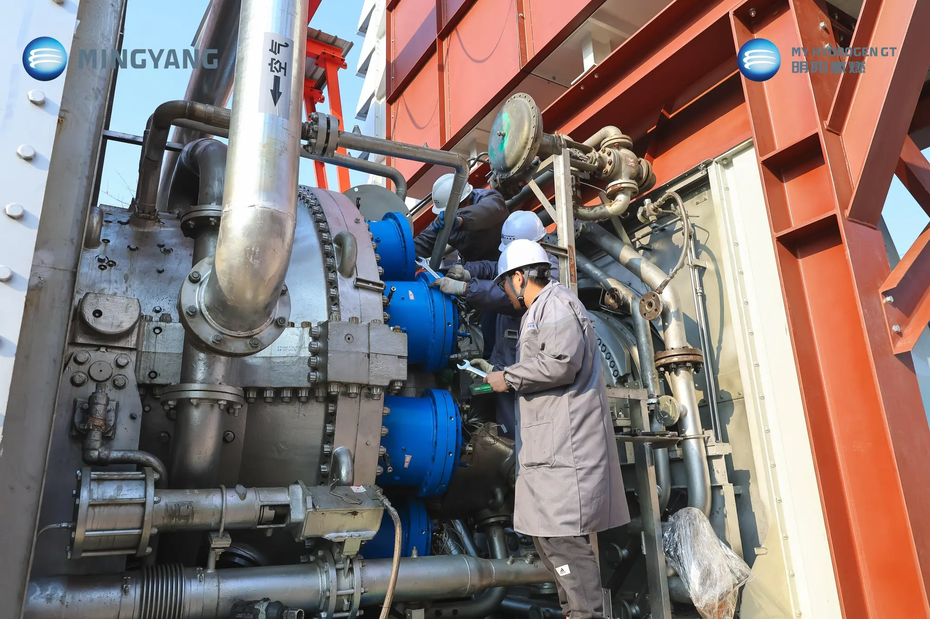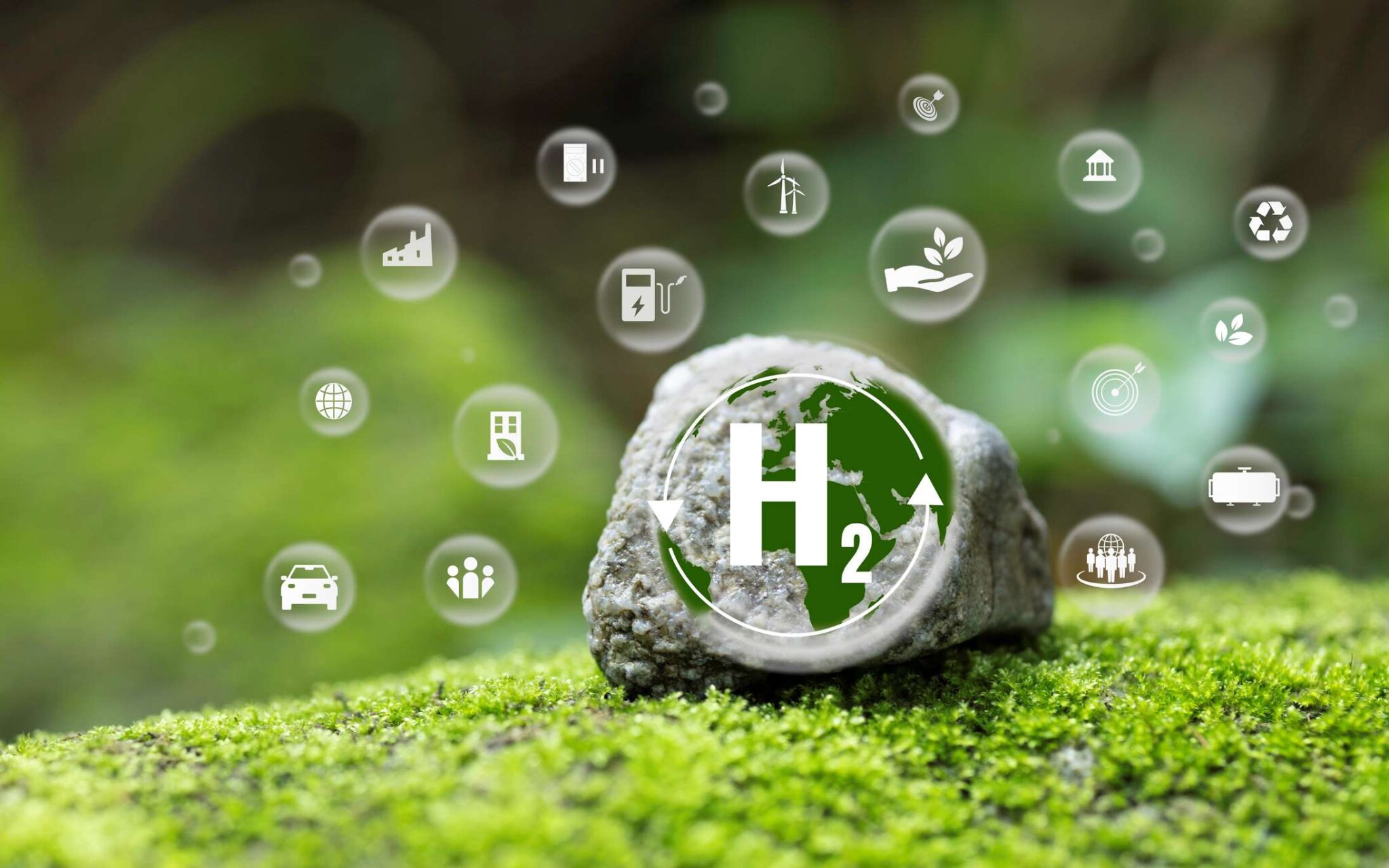
The Cabinet of Ministers approved the proposed electricity sector reforms bill on 20 November, with Kanchana Wijesekera saying on X (formerly Twitter): "Once approved by the Parliament the new Electricity Act will enable the unbundling of CEB (Ceylon Electricity Board) services, restructure CEB, improve efficiency, transparency & accountability and will allow private sector participation across generation, transmission & distribution."
Ahead of the Cabinet decision, Wijesekera said the government planned to call for expressions of interest (EOI) for the establishment of nuclear power in Sri Lanka, following a meeting with officials from the International Atomic Energy Agency (IAEA). "Discussed the structuring of a robust legal framework for Nuclear Energy integration, safe use of it, disposing waste & public awareness. The Govt intends to include the safe use of Nuclear Energy as a part of the long term generation plans & will call for EOIs for establishing nuclear power plants & modern technology," he wrote on X on Friday.
Sri Lanka's 2020 production of 15.6 TWh of electricity was dominated by fossil fuels, which accounted for some 10 TWh, and hydro (5 TWh) alongside some wind and solar, according to World Nuclear Association information. The CEB - which is responsible for electricity generation and transmission in Sri Lanka - has included nuclear from 2030 under scenarios in in its long-term energy plans.
In 2022, a team of IAEA experts carried out a review of Sri Lanka's readiness to commit to a nuclear power programme in an Integrated Nuclear Infrastructure Review which focused on the first stage of the IAEA's Milestones Approach for countries that are newcomers to nuclear energy.







